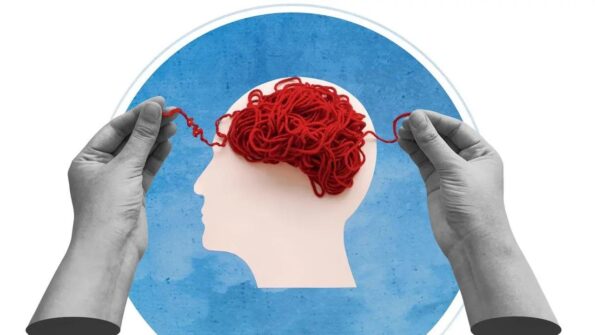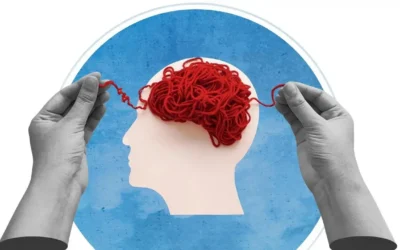Study finds why caregivers of people with disabilities need a support system

While there are rights for people with disabilities, parents or caregivers are often faced with stress that can significantly affect their physical, mental, and financial conditions, finds a study by researchers from the National Institute of Technology (NIT) Rourkela, on Thursday.
The study suggests providing parents or caregivers raising a child with developmental disabilities like autism, and attention deficit hyperactivity disorder (ADHD) with proper support systems for their well-being.
Published in the Asia Pacific Journal of Social Work and Development, the team investigated how the continuous demands of caregiving impact parent’s physical health, ultimately affecting their overall quality of life.
The research showed that raising children with developmental disabilities presents unique and often lifelong challenges. It includes teaching basic self-care to manage behavioural and sensory difficulties, that can result in deep emotional exhaustion and physical symptoms such as headaches, ulcers, chronic pain, and fatigue, particularly among mothers.
Importantly, the study found that while physical health partly explains how stress affects parents’ health, it does not account for challenges such as financial strain.
The researchers recommended integrating caregiver health screening and stress management into paediatric disability services.
They also advocate for community-based “one-stop” support centres where families can access medical, mental health, and financial support in one place.
“Disability rights are rightly acknowledged, yet the invaluable contributions of caregivers often remain in the shadows. Caring for a child with developmental disabilities should not rest solely on parents, it is a shared responsibility of family, neighbours, and society,” said Dr. Ramakrishna Biswal, Associate Professor, Department of Humanities and Social Sciences, NIT Rourkela.
The team surveyed 400 parents of children with conditions like autism, ADHD, cerebral palsy, and multiple disabilities.
In India, these challenges are often intensified by social stigma, lack of awareness, and limited access to specialised care.
Many parents feel isolated from their communities and are unable to receive support from extended family. Healthcare, therapy, and respite services remain limited in many regions.
“Caregiving is a demanding journey, but with non-judgmental support and wholehearted cooperation from trusted individuals and communities, caregivers can find strength, relief, and validation. Let us recognise their rights and ensure they, too, enjoy a life of dignity and fulfillment,” Biswal said.
This story has been sourced from a third party syndicated feed, agencies. Mid-day accepts no responsibility or liability for its dependability, trustworthiness, reliability and data of the text. Mid-day management/mid-day.com reserves the sole right to alter, delete or remove (without notice) the content in its absolute discretion for any reason whatsoever
Search
Recent
- Over 50 Dragonfly, Damselfly Species Documented at Belvai Odonata Workshop
- Work on skill devpt centre incomplete
- 60 cases against them, how gang orchestrated series of house robberies in NCR
- Shukla, Ax-4 crew expected to undock from ISS on July 14: Nasa
- AI crash: Prelim probe report says ‘Fuel to engines cut 3 secs post liftoff’- last moments unveiled





